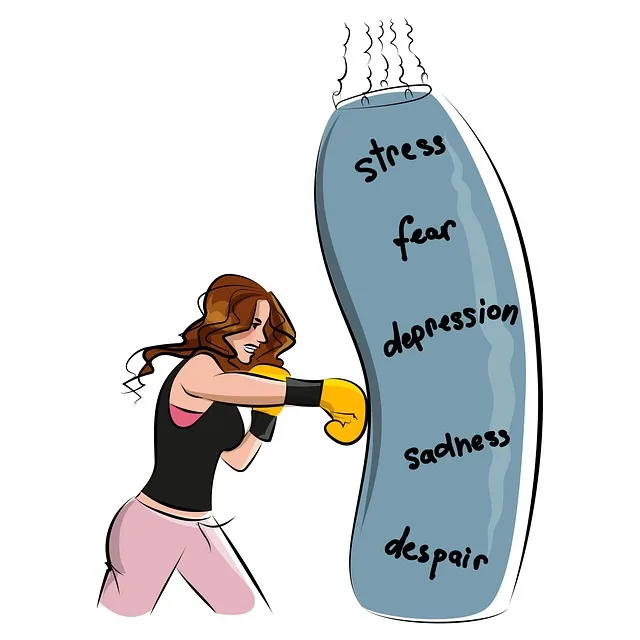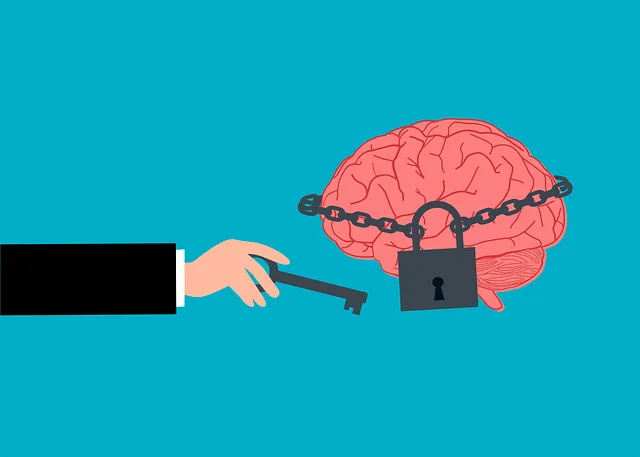The Wheat Ridge Kaiser Permanente psychiatry reviews stress the importance of risk assessment in harm minimization, with a focus on mental wellness. Psychiatrists use holistic approaches, considering symptoms, causes, and individual resilience to develop tailored risk management strategies. These include evidence-based practices for emotional intelligence, stress reduction, and positive thinking, empowering patients to prevent crises and improve mental health outcomes. The reviews highlight innovative strategies that address both mental health conditions and triggers, offering personalized interventions guided by leading psychiatrists within the network.
In today’s complex healthcare landscape, effective risk assessment and harm minimization planning are paramount. This comprehensive guide explores these critical strategies, focusing on the foundational role of understanding risk assessment and its direct application in psychiatric settings. We delve into the expertise offered by Wheat Ridge Kaiser Permanente Psychiatry Reviews, providing valuable insights for developing robust, evidence-based harm reduction plans. By examining these approaches, healthcare professionals can ensure safer environments and improved patient outcomes.
- Understanding Risk Assessment: A Foundation for Harm Minimization
- The Role of Psychiatry in Developing Comprehensive Risk Plans
- Wheat Ridge Kaiser Permanente Psychiatry Reviews: Strategies for Effective Harm Reduction
Understanding Risk Assessment: A Foundation for Harm Minimization

Risk assessment is a critical process that forms the bedrock of harm minimization planning. It involves meticulously evaluating potential hazards and their likelihood of causing harm to individuals within an environment, in this case, Wheat Ridge Kaiser Permanente psychiatric facilities, as highlighted in psychiatry reviews. By systematically identifying risks—from clinical outcomes to physical safety—mental health professionals can develop comprehensive strategies to mitigate these dangers. This proactive approach ensures that patient care is not just reactive but also preventive, fostering a safer and more supportive therapeutic environment.
In the context of Wheat Ridge Kaiser Permanente’s commitment to patient well-being, stress management plays a pivotal role in risk assessment. As the Mental Wellness Podcast Series Production emphasizes, understanding emotional intelligence and its impact on mental wellness contributes significantly to identifying potential risks. This holistic perspective encourages professionals to consider not just clinical symptoms but also the broader emotional landscape, ensuring that all aspects of a patient’s experience are considered for comprehensive harm minimization.
The Role of Psychiatry in Developing Comprehensive Risk Plans

Psychiatry plays a pivotal role in developing comprehensive risk assessment and harm minimization plans. Wheat Ridge Kaiser Permanente psychiatry reviews highlight the importance of mental health professionals in identifying and mitigating potential risks to individuals’ well-being. Through detailed assessments, psychiatrists consider not only the symptoms but also the underlying causes, environmental factors, and individual resilience. This holistic approach ensures that risk management strategies are tailored to address specific needs, encompassing both clinical interventions and practical support systems.
In this context, emotional intelligence, stress reduction methods, and positive thinking emerge as crucial components of these plans. Psychiatrists at Kaiser Permanente Wheat Ridge integrate evidence-based practices to enhance emotional regulation, provide coping mechanisms for stress, and foster a sense of optimism. By focusing on these aspects, they not only prevent potential crises but also empower individuals with tools to navigate challenges effectively, ultimately contributing to improved mental health outcomes.
Wheat Ridge Kaiser Permanente Psychiatry Reviews: Strategies for Effective Harm Reduction

The Wheat Ridge Kaiser Permanente Psychiatry Reviews highlight innovative strategies for effective harm reduction, emphasizing a multifaceted approach to patient care. By integrating techniques that boost confidence and enhance emotional intelligence, healthcare providers can better equip individuals with the tools needed for emotional regulation. These reviews underscore the importance of addressing both mental health conditions and underlying triggers, offering comprehensive solutions tailored to each patient’s unique needs.
Drawing from the expertise of leading psychiatrists within the Kaiser Permanente network, these reviews provide valuable insights into harm minimization planning. They advocate for personalized interventions that not only alleviate symptoms but also foster resilience and adaptive coping mechanisms. By combining evidence-based practices with a deep understanding of individual circumstances, healthcare professionals can facilitate positive outcomes and improve overall well-being.
Risk assessment and harm minimization planning are essential components of comprehensive mental health care, as highlighted by the Wheat Ridge Kaiser Permanente psychiatry reviews. By understanding risk factors and implementing evidence-based strategies, such as those discussed in this article, healthcare professionals can effectively reduce harm and promote positive outcomes for individuals facing psychiatric challenges. The collaborative approach, involving psychiatry and other specialties, ensures a tailored and proactive response to managing risks in various clinical settings.






